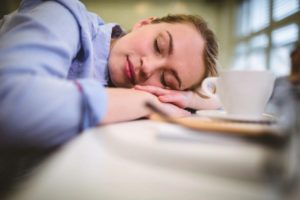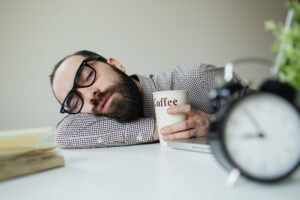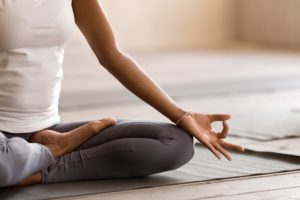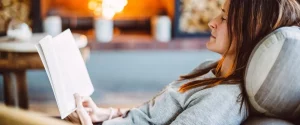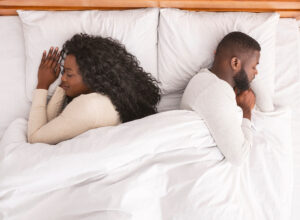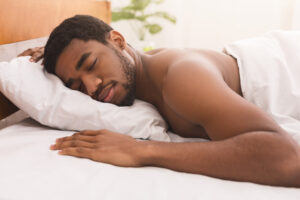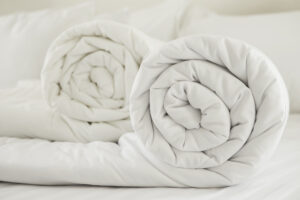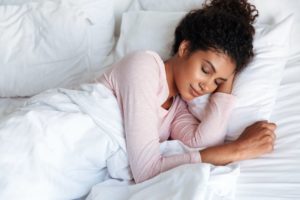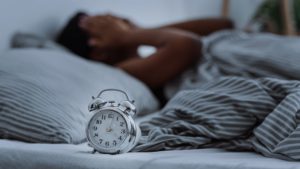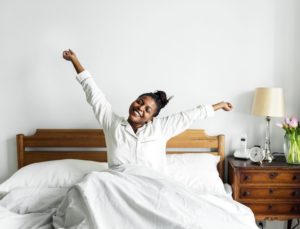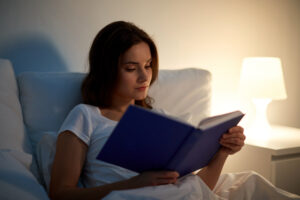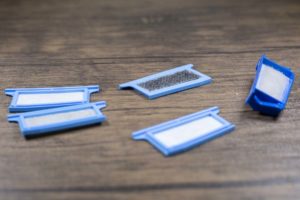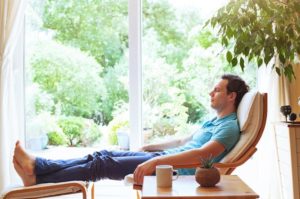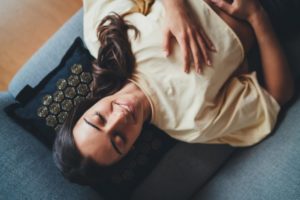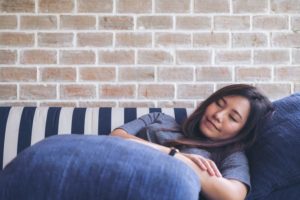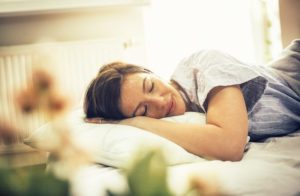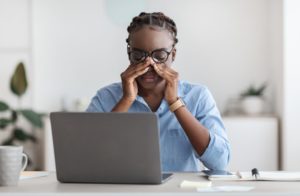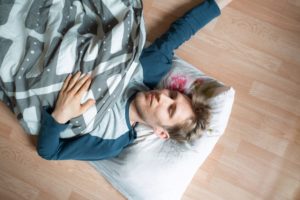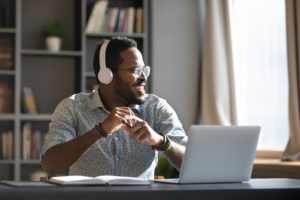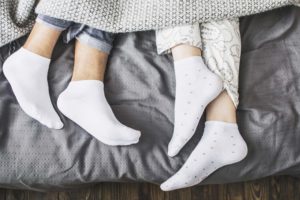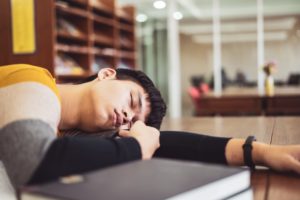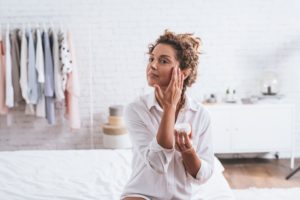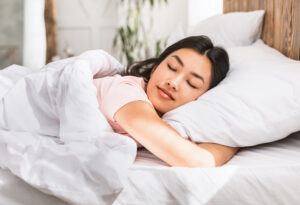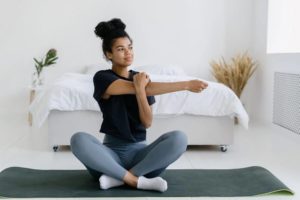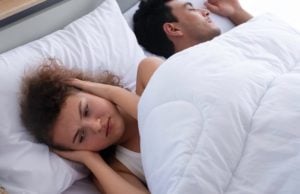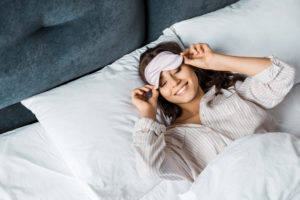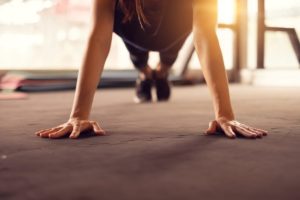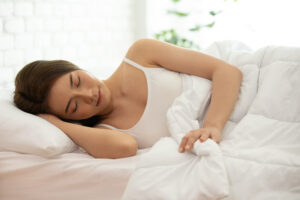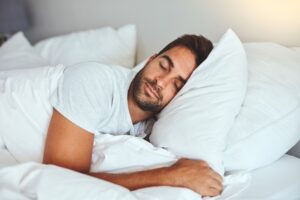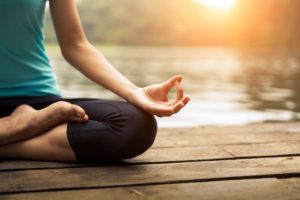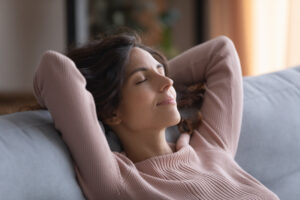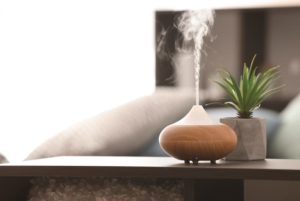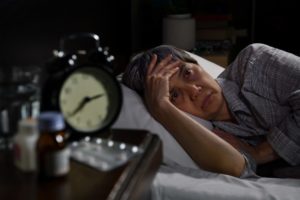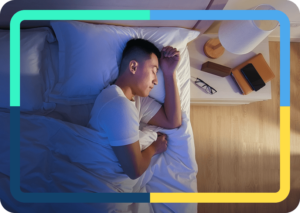The Benefits of Waking Up Early
Sleep schedules differ among people, with some naturally preferring to go to bed early and others preferring to stay up late . In everyday terms, people with a tendency to stay up late are often referred to as “night owls,” and those who sleep and wake early are called “early birds”.
A person’s sleep schedule preference is closely tied to their circadian rhythms, which are natural physical processes that follow similar patterns about every 24 hours . Since circadian rhythms are influenced by light exposure, meal timing, and exercise , people can use these factors to naturally shift their sleep schedules.
Multiple studies suggest that a later sleep time is associated with many health issues. But simply waking up early might not solve the problem. People who tend to stay up late can accumulate a sleep debt if they force themselves to wake up early without developing an earlier bedtime. However, shifting a night owl’s schedule, so they go to sleep and wake up earlier, may benefit them in several ways.
Are You Getting Enough Deep Sleep?
A variety of issues can cause degrade your sleep quality. Answer three questions to understand if it’s a concern you should worry about.
Compatible Sleep and Social Schedules
Work and school commonly begin early, which creates a mismatch with night owls’ sleep-wake schedules. This conflict between sleep and social obligations, like rigid work hours, can negatively affect both the health and work performance of people who naturally tend to stay up later.
People who prefer to stay up late may develop “social jet lag.” This involves waking up early for social reasons, like work or school, despite keeping a late bedtime. These late nights and early mornings result in an inadequate amount of sleep, which the person might try to make up for by sleeping more on their days off. While getting more sleep on weekends can be helpful, it is likely better for people to maintain a consistent sleep schedule every night of the week.
When a person’s sleep schedule does not align with their social requirements, they might perform poorly at school or work, experience anxiety, and have personal relationship complications. Shifting the sleep schedule earlier may help a person avoid some of the negative effects of inconsistent sleep and sleep that misaligns with social schedules.
If shifting a person’s sleep schedule earlier allows them to sleep more, it could have additional positive consequences. Sleep deficiency is associated with health problems such as heart disease, high blood pressure, diabetes, and depression, as well as a higher risk of accidents and injuries.
Improved Mental Health
Research shows that people who tend to sleep and wake later are more likely to experience anxiety and depression than those who sleep and wake earlier.
However, a recent study suggests that people who prefer a late bedtime may be able to reduce their mental health risks by adjusting the time they sleep. In this study, those who shifted their sleep schedules earlier by about two hours reported lower levels of depression and stress compared to those who did not shift their sleep schedules. More research may determine if changing one’s sleep schedule could help treat such disorders.
Improved Performance
Early birds and night owls not only sleep on different schedules, they also experience peak performance at different times of day. For example, those who stay up late tend to perform worse in the morning at both physical and mental tasks.
One study found that shifting a night owl’s sleep time can improve performance and change their peak hours, perhaps by decreasing their daytime sleepiness. In this study, people who shifted their sleep schedules earlier by about two hours exhibited faster reaction times and increased grip strength.
Time for Morning Exercise
Shifting to an earlier sleep-wake schedule can open up time for morning exercise. Exercising regularly is often recommended as a low-cost treatment option for getting more and better-quality sleep. Studies show that, compared with evening exercise, morning exercise improves sleep quality in people who have trouble sleeping. Exercising close to bedtime, however, can have a negative impact on sleep.
Time for Breakfast
Waking up earlier provides more time to prepare a healthy breakfast. Healthy, high-protein breakfast options with low sugar content have been shown to improve energy levels throughout the day. People who eat breakfast feel more alert in the morning and tend to be in a better mood than those who skip this meal.

Tips for Waking Up Early
Sleeping and waking up early may feel difficult for night owls. But with some guidance, they can successfully make the transition.
Make Gradual Changes
Instead of abruptly beginning an entirely new sleep schedule, ease into an earlier wake time over a few days. Start by going to sleep and waking up about 15 minutes earlier than normal. Then continue adjusting your schedule by 15 minutes each night until you reach the wake-up time you desire.
Get Morning Light
Since light and darkness affect circadian rhythms, you can help shift when you naturally want to wake up by being strategic with light exposure. Bright light exposure in the early morning helps people wake up and go to sleep earlier. Try taking a morning walk or spending time in sunshine early in the day to help reinforce your new sleep schedule.
Avoid Evening Light
Just as morning light exposure can shift your sleep schedule earlier, exposure to bright light in the evening can shift it later. Try to limit or avoid light exposure in the evening to avoid making your body want to stay up later.
Exposure to blue light in the evening can make falling asleep early especially difficult. Smartphones, tablets, computers, and televisions all emit blue light. Try not to use these electronic devices in the hours before bed, since they can interfere with the ability to fall asleep.
Exercise Early
If you have trouble waking up as early as you would like, consider exercising earlier in the day. Research demonstrates that early-morning exercise can help a person shift to an earlier sleep schedule. By contrast, exercising in the evening might contribute to shifting the sleep hours later.
Time Your Meals
Like morning exercise, eating an early breakfast is another factor that may help a person keep an earlier sleep-wake schedule. In one study, researchers had people eat breakfast as soon as they woke up in order to help them shift to sleeping and waking earlier.
More research is needed, but some studies suggest that meal timing affects circadian rhythms, including when a person feels alert or ready to sleep. In addition to eating breakfast upon waking, try to eat lunch and dinner at the same time each day and avoid eating meals late in the evening.
Limit Caffeine
Research shows that caffeine can impair a person’s ability to sleep, even if they consumed it six hours before bedtime. As you work toward going to sleep and waking up earlier, try to avoid coffee, tea, and other sources of caffeine later in the day.
Reward Yourself
Habit formation can be facilitated by rewards . As you first shift your schedule, give yourself an incentive to help make going to sleep and waking up earlier feel worthwhile. Treat yourself to something special or enjoyable each time you fall asleep and wake up early.
Practice Healthy Sleep Habits
Practicing healthy sleep habits can help people obtain higher-quality sleep. Try incorporating these healthy sleep habits to help you fall asleep more easily as you go to sleep earlier:
- Go to sleep and wake up at the same times every day
- Keep the bedroom dark, cool, and quiet
- Remove computers, phones, and TVs from the bedroom
- Avoid large meals, alcohol, and caffeine near bedtime

Still have questions? Ask our community!
Join our Sleep Care Community — a trusted hub of sleep health professionals, product specialists, and people just like you. Whether you need expert sleep advice for your insomnia or you’re searching for the perfect mattress, we’ve got you covered. Get personalized guidance from the experts who know sleep best.
References
16 Sources
-
Montaruli, A., Castelli, L., Mulè, A., Scurati, R., Esposito, F., Galasso, L., & Roveda, E. (2021). Biological rhythm and chronotype: New perspectives in health. Biomolecules, 11(4), 487.
https://pubmed.ncbi.nlm.nih.gov/33804974/ -
National Institute of Neurological Disorders and Stroke. (2022, April 1). Brain basics: Understanding sleep.
https://www.ninds.nih.gov/health-information/patient-caregiver-education/brain-basics-understanding-sleep -
Facer-Childs, E. R., Middleton, B., Skene, D. J., & Bagshaw, A. P. (2019). Resetting the late timing of ‘night owls’ has a positive impact on mental health and performance. Sleep Medicine, 60, 236–247.
https://pubmed.ncbi.nlm.nih.gov/31202686/ -
Chaput, J. P., Dutil, C., Featherstone, R., Ross, R., Giangregorio, L., Saunders, T. J., Janssen, I., Poitras, V. J., Kho, M. E., Ross-White, A., Zankar, S., & Carrier, J. (2020). Sleep timing, sleep consistency, and health in adults: A systematic review. Applied Physiology, Nutrition, and Metabolism, 45(10 (Suppl. 2)), S232–S247.
https://pubmed.ncbi.nlm.nih.gov/33054339/ -
National Heart, Lung, and Blood Institute. (2022, March 24). Sleep deprivation and deficiency: What are sleep deprivation and deficiency?
https://www.nhlbi.nih.gov/health/sleep-deprivation -
Merikanto, I., Lahti, T., Kronholm, E., Peltonen, M., Laatikainen, T., Vartiainen, E., Salomaa, V., & Partonen, T. (2013). Evening types are prone to depression. Chronobiology International, 30(5), 719–725.
https://pubmed.ncbi.nlm.nih.gov/23688117 -
Facer-Childs, E. R., Boiling, S., & Balanos, G. M. (2018). The effects of time of day and chronotype on cognitive and physical performance in healthy volunteers. Sports Medicine – Open, 4(1), 47.
https://pubmed.ncbi.nlm.nih.gov/30357501/ -
Banno, M., Harada, Y., Taniguchi, M., Tobita, R., Tsujimoto, H., Tsujimoto, Y., Kataoka, Y., & Noda, A. (2018). Exercise can improve sleep quality: A systematic review and meta-analysis. PeerJ, 6, Article e5172.
https://pubmed.ncbi.nlm.nih.gov/30018855/ -
Morita, Y., Sasai-Sakuma, T., & Inoue, Y. (2017). Effects of acute morning and evening exercise on subjective and objective sleep quality in older individuals with insomnia. Sleep Medicine, 34, 200–208. Retrieved August 11, 2022, from, Retrieved August 11, 2022, from
https://pubmed.ncbi.nlm.nih.gov/28522092/ -
Kamada, I., Truman, L., Bold, J., & Mortimore, D. (2011). The impact of breakfast in metabolic and digestive health. Gastroenterology and Hepatology From Bed to Bench, 4(2), 76–85. Retrieved August 11, 2022, from, Retrieved August 11, 2022, from
https://pubmed.ncbi.nlm.nih.gov/24834161/ -
National Heart, Lung, and Blood Institute. (2011, August). Your guide to healthy sleep., Retrieved August 26, 2022, from
https://www.nhlbi.nih.gov/resources/your-guide-healthy-sleep -
Goldstein, C. A. (2022, May 12). Overview of circadian sleep-wake rhythm disorders. In R. Benca (Ed.). UpToDate.
https://www.uptodate.com/contents/overview-of-circadian-sleep-wake-rhythm-disorders -
Maski, K. (2021, February 19). Insufficient sleep: Evaluation and management. In T. E. Scammell (Ed.). UpToDate.
https://www.uptodate.com/contents/insufficient-sleep-evaluation-and-management -
Drake, C., Roehrs, T., Shambroom, J., & Roth, T. (2013). Caffeine effects on sleep taken 0, 3, or 6 hours before going to bed. Journal of Clinical Sleep Medicine: Official Publication of the American Academy of Sleep Medicine, 9(11), 1195–1200.
https://pubmed.ncbi.nlm.nih.gov/24235903/ -
Judah, G., Gardner, B., Kenward, M. G., DeStavola, B., & Aunger, R. (2018). Exploratory study of the impact of perceived reward on habit formation. BMC Psychology, 6(1), 62.
https://pubmed.ncbi.nlm.nih.gov/30572936/ -
Irish, L. A., Kline, C. E., Gunn, H. E., Buysse, D. J., & Hall, M. H. (2015). The role of sleep hygiene in promoting public health: A review of empirical evidence. Sleep Medicine Reviews, 22, 23–36.
https://pubmed.ncbi.nlm.nih.gov/25454674/



